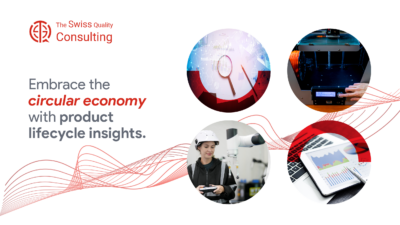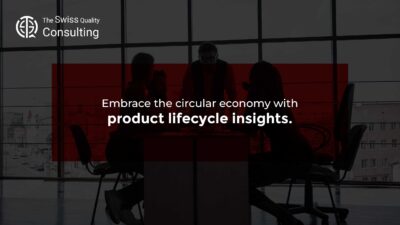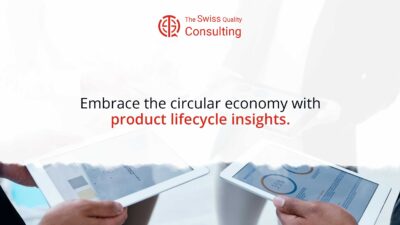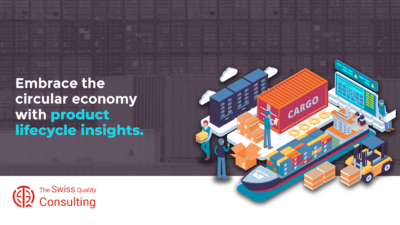The Role of Circular Economy in Sustainable Urban Development
Understanding Circular Economy Principles
The integration of circular economy principles in urban design is transforming how cities manage resources and address environmental challenges. Circular economy focuses on creating closed-loop systems where waste is minimized, and resources are reused, recycled, and regenerated. In Saudi Arabia, cities like Riyadh are embracing these principles to enhance sustainability and economic resilience. By designing buildings and infrastructure with materials that can be easily disassembled and repurposed, Riyadh is reducing its environmental footprint and promoting long-term resource efficiency. Similarly, Dubai is pioneering initiatives that align with circular economy concepts, such as using construction waste to create new building materials, thereby minimizing landfill usage and conserving natural resources.
Maximizing Resource Efficiency
Implementing circular economy principles in urban design maximizes resource efficiency by extending the lifecycle of materials and reducing dependency on virgin resources. In Saudi Arabia, the government is investing in technologies and practices that support the circular economy, such as advanced recycling facilities and sustainable construction methods. For example, in Riyadh, urban planners are incorporating green building standards that prioritize the use of recycled and locally sourced materials. In Dubai, the adoption of smart technologies, including Artificial Intelligence (AI) and Blockchain, enhances the tracking and management of resources throughout their lifecycle. These efforts not only reduce waste but also create economic opportunities and drive innovation in sustainable urban development.
Minimizing Waste through Innovative Practices
Minimizing waste is a core objective of the circular economy, and urban design plays a crucial role in achieving this goal. In the UAE, Dubai is at the forefront of implementing waste-to-energy projects that convert municipal waste into renewable energy, thus reducing landfill dependence and generating clean power. Additionally, both Riyadh and Dubai are promoting the development of urban agriculture and green spaces that utilize organic waste for composting, contributing to a healthier urban environment. The use of digital twins and Generative Artificial Intelligence (AI) further aids in optimizing waste management systems by simulating various scenarios and identifying the most effective strategies for waste reduction. Through these innovative practices, cities can create more sustainable and resilient urban ecosystems.
Change Management for Circular Economy Initiatives
Effective change management is essential for the successful integration of circular economy principles in urban design. Business executives and mid-level managers must lead the transition by fostering a culture of sustainability and innovation within their organizations. In Saudi Arabia and the UAE, executive coaching services are instrumental in developing the leadership skills required to champion circular economy initiatives. These coaching programs focus on enhancing strategic thinking, effective communication, and stakeholder engagement. By equipping leaders with the necessary skills, executive coaching ensures that they can effectively manage the complexities of implementing circular economy practices and drive sustainable urban development.
Executive Coaching and Effective Communication
Executive coaching services are vital for enhancing leadership and management skills, particularly in the context of circular urban design. In Riyadh and Dubai, executive coaching programs emphasize the importance of effective communication in promoting circular economy principles. Leaders who can articulate the benefits of resource efficiency and waste minimization are better positioned to gain the support of stakeholders, including government officials, business partners, and the community. Effective communication also helps in building consensus and driving collaborative efforts towards achieving sustainability goals. By developing strong communication skills, leaders can ensure the successful implementation of circular economy initiatives and contribute to the long-term success of their cities.
Project Management and Business Success
Strong project management skills are crucial for the successful execution of circular economy projects in urban design. Business success in this domain depends on meticulous planning, resource management, and the ability to adapt to changing circumstances. In Saudi Arabia and the UAE, management consulting firms provide expertise and guidance on implementing circular economy principles in urban environments. These firms offer tailored solutions that address the unique challenges of integrating circular practices into urban planning and development. By leveraging their project management capabilities, businesses can ensure the timely and efficient delivery of circular economy initiatives, ultimately contributing to the long-term sustainability and resilience of their cities.
#CircularEconomy, #UrbanDesign, #ResourceEfficiency, #WasteMinimization, #SaudiArabia, #UAE, #Riyadh, #Dubai, #ChangeManagement, #ExecutiveCoaching, #EffectiveCommunication, #BusinessSuccess, #ManagementConsulting, #ArtificialIntelligence, #Blockchain, #Metaverse, #GenerativeAI, #LeadershipSkills, #ManagementSkills, #ProjectManagement























